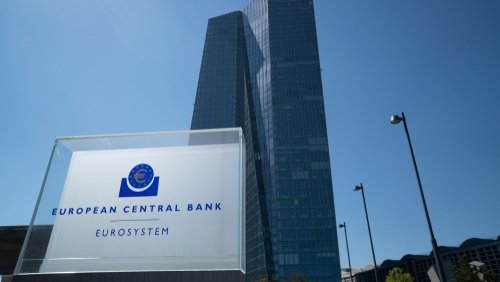Belgium, (Brussels Morning Newspaper) The European Central Bank (ECB) has announced plans to scrap its expansive monetary policy this summer. By stopping to pump money into financial markets, the ECB will open the way for the growth of interest rates and help rein in soaring inflation, Reuters reported on Thursday.
Inflation in the eurozone reached record highs before the start of the war in Ukraine with the ECB facing calls to reverse its policies or at least to stop fuelling inflation through its programmes.
ECB President Christine Lagarde warned that “the Russia-Ukraine war will have a material impact on economic activity and inflation through higher energy and commodity prices, the disruption of international commerce and weaker confidence.”
She was confident that the eurozone was in good shape, noted that supply chain disruptions were expected to ease, that the situation on the labour market was improving and that the effects of the coronavirus crisis were on the wane.
ECB ups inflation forecasts
Besides announcing the policy reversal, the ECB upped its inflation forecasts, predicting that prices would grow by 5.1% this year, followed by 2.1% in 2023 and 1.9% in 2024.
The central bank confirmed that it plans to end the Pandemic Emergency Purchase Programme worth 1.85 trillion euro this month and said that it would reduce purchases under the Asset Purchase Programme (APP).
The ECB expects APP purchases to stand at 40 billion euro next month, to drop to 30 billion in May and further to 20 billion in June.
Previously, the bank has expected APP purchases of 40 billion euro per month in Q2, 30 billion in Q3 and 20 billion in Q4.
Lagarde pointed out that Q3 bond buys would be “data-dependent”, while adding that the ECB could revise the schedule if the inflation outlook changes.
She indicated that the ECB plans to adjust interest rates “sometime after” it ends asset buy programmes but stressed that “obviously, ‘some time after’ is an open time horizon which is data-dependent.”
According to ING economist Carsten Brzeski, “today’s decisions are a good compromise, keeping maximum flexibility in a very gradual normalisation of monetary policy.” He predicted that “a first rate hike before the end of the year is still possible.”
Twitter:




